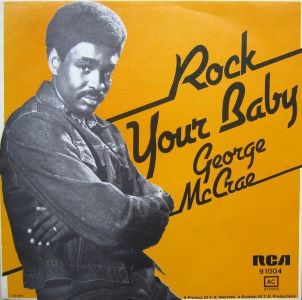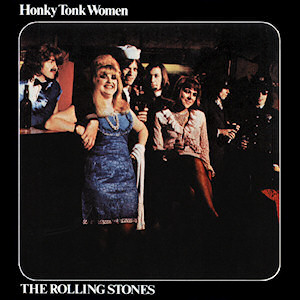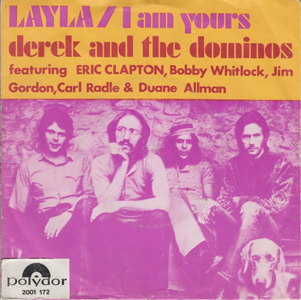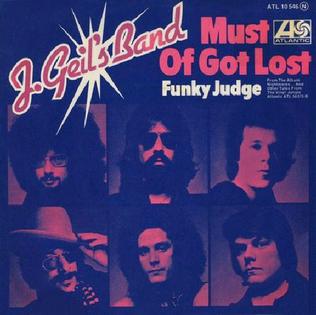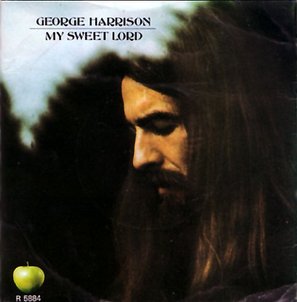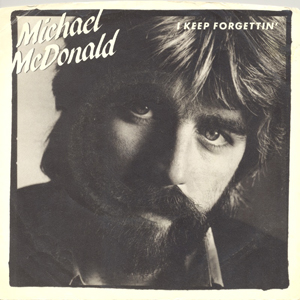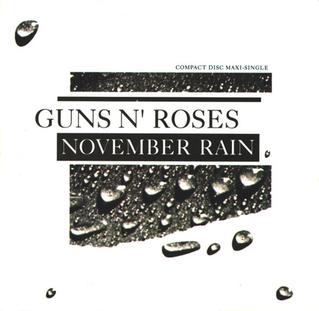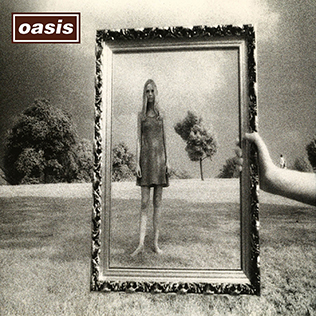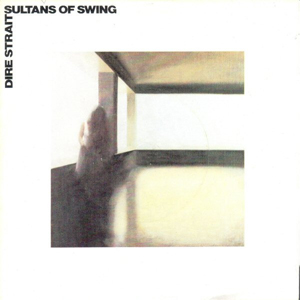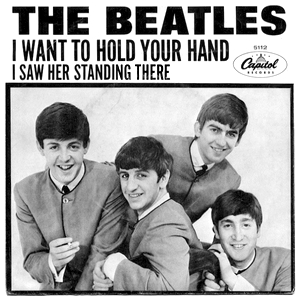The music of 1974 proved that the pop charts could be both wildly fun and profoundly moving. It was a year where novelty songs like Carl Douglas’s “Kung Fu Fighting” and Ray Stevens’ “The Streak” shared space with deeply resonant tracks like Stevie Wonder’s “Living for the City” and Aretha Franklin’s “Until You Come Back to Me (That’s What I’m Gonna Do).” While it’s easy to dismiss the year as a playground for lighthearted hits, a closer listen reveals a wealth of outstanding singles that still resonate today.
Take “Rock Your Baby” by George McCrae, for example. Often credited as one of the earliest disco hits, its smooth groove helped usher in a new musical era. Meanwhile, Paul McCartney & Wings offered rock escapism with “Band on the Run,” a mini-suite that felt cinematic in scope. Dolly Parton’s “Jolene,” with its pleading urgency and timeless melody, has become a cultural touchstone, while David Bowie’s “Rebel Rebel” gave glam rock an anthem for the ages.
It was also a year of musical storytelling. Terry Jacks’ “Seasons in the Sun” might be remembered as saccharine by some, but its tale of farewell struck a chord with listeners. In a completely different vein, Stevie Wonder’s “Living for the City” painted a vivid picture of systemic inequality, blending sharp social commentary with impeccable musicianship. These songs showcased the versatility of 1974’s music, capable of being both personal and political.
Of course, 1974 also gave us unabashedly joyful hits that simply aimed to make us feel good. The Hues Corporation’s “Rock the Boat” was an irresistible call to the dance floor, while ABBA’s “Waterloo” introduced the Swedish group’s knack for crafting pop perfection. On the romantic front, Barry White’s “Can’t Get Enough of Your Love, Babe” and The Stylistics’ “You Make Me Feel Brand New” showcased lush, heartfelt soul.
For every “The Streak,” there was a “Help Me” by Joni Mitchell—a song of intricate vulnerability. For every “Kung Fu Fighting,” there was a “Rikki Don’t Lose That Number” by Steely Dan—an effortlessly cool fusion of jazz and rock. The pop charts of 1974 reflected a fascinating duality, where silly and sublime coexisted, creating a year of music that remains as memorable as it was diverse.
Follow Tunes Du Jour on Facebook
Follow me on Bluesky
Follow me on Instagram
